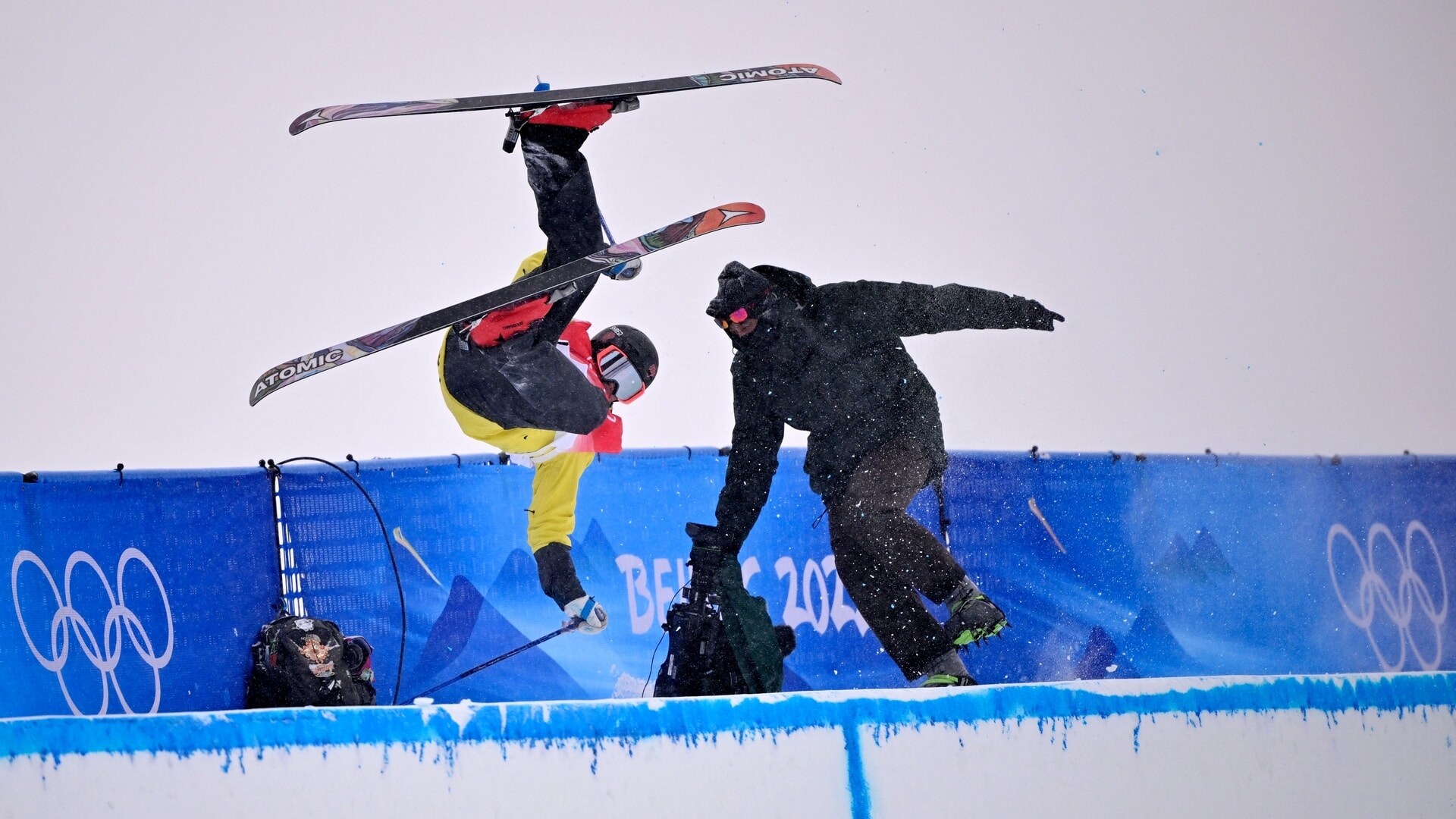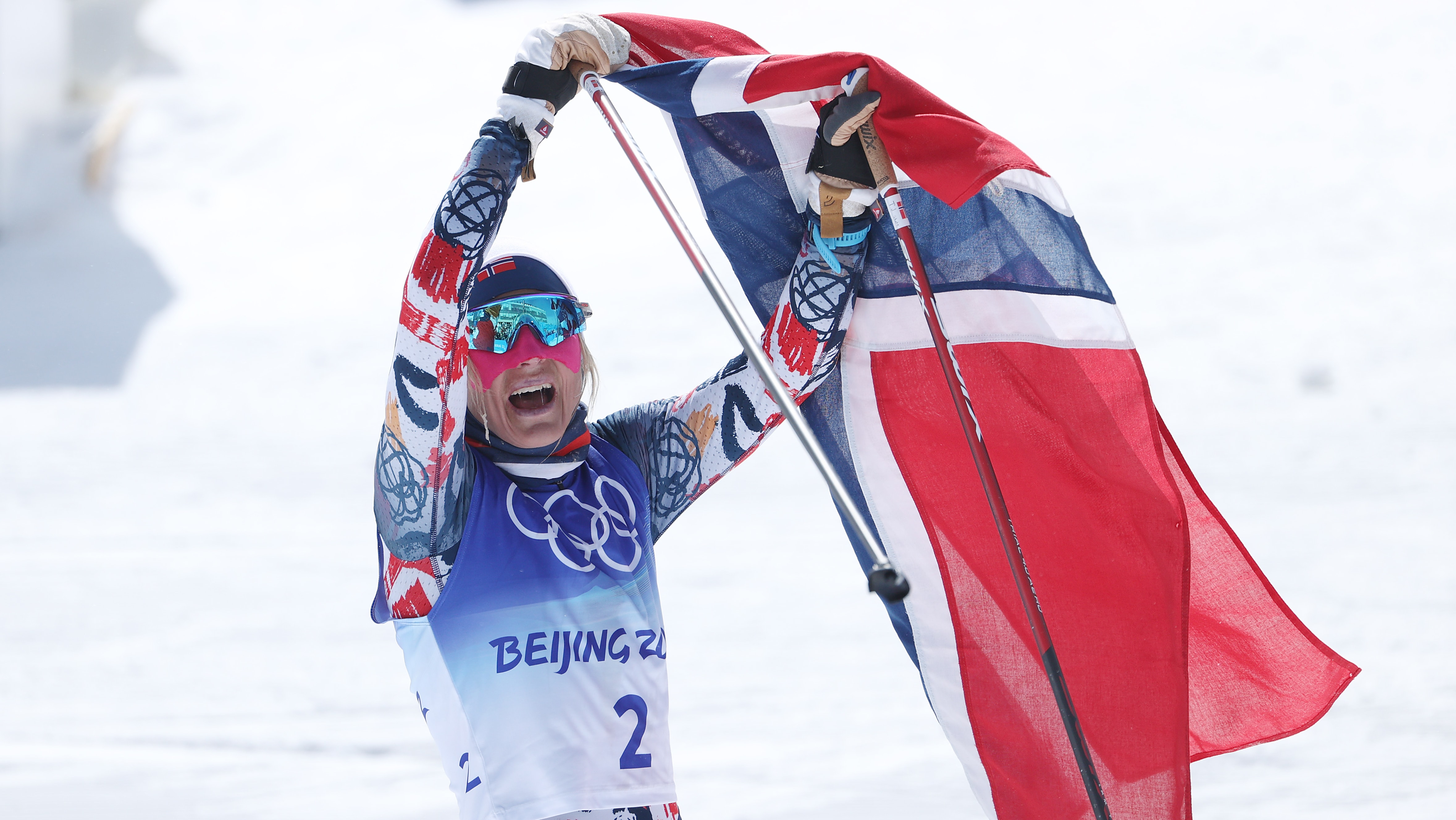With more than 30 new COVID-19 cases being detected daily ahead of the Beijing Olympics, organizers said Wednesday they aren't worried and expect numbers to drop within days.
A total of 32 new cases — 15 in tests of people arriving at the airport and 17 within the Olympic bubbles — were reported by the Beijing organizing committee on Wednesday, two days before the opening ceremony. The average was 31 cases over the past three days.
Athletes and team officials accounted for nine of the latest cases and 23 were “stakeholders,” a category that includes workers and media. Athletes testing positive now could miss their events.
Eleven people have been treated at the hospital for a symptom among the 232 positive tests registered since Jan. 23, though “none of those are seriously ill in any way,” Olympic medical adviser Brian McCloskey said.
Get Philly local news, weather forecasts, sports and entertainment stories to your inbox. Sign up for NBC Philadelphia newsletters.
The overall numbers are not worrying for the Olympics, said McCloskey, who is leading the organizers' medical expert panel.
“Virtually every country in the world at the moment has a higher level of COVID than China,” he said, explaining why the risk of detection is greater at the airport and steadily decreasing.
Daily PCR tests are taken from every Olympic athlete, sports official and worker — more than 65,000 tests on Tuesday. All are living separate from the general public in what organizers call a closed-loop community.
Beijing 2022 Winter Olympics
Watch all the action from the Beijing Olympics live on NBC
“For the first few days in the closed loop the risk is still a bit higher because of the risk of people incubating the disease very slowly,” McCloskey said.
After spending about five days at the Olympics, “the risk comes down to equivalent to the local population risk — very, very low,” he said.
China has pursued a zero-tolerance public health policy during the pandemic, which spread from an initial outbreak in the country more than two years ago.
Olympic advisers are also looking for trends beyond the bare statistics at this year's Winter Games.
“The main challenge is not the number of cases, it’s the indication of whether there is spread within the closed loop,” said McCloskey, who is focused on spotting connected cases of community transmission that might threaten staging events. “We are obviously nowhere near that level at present.”
___
More AP Olympics: https://apnews.com/hub/winter-olympics and https://twitter.com/AP_Sports




